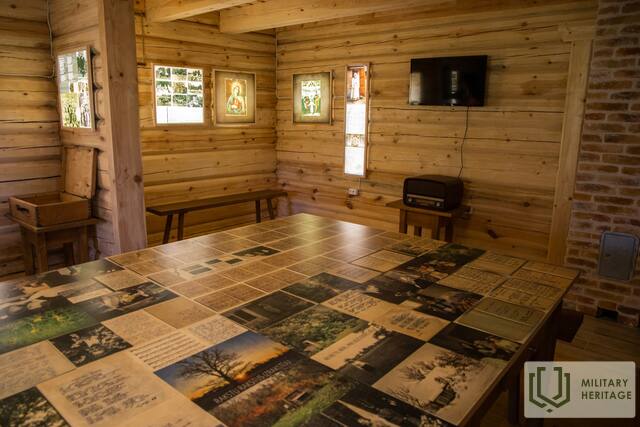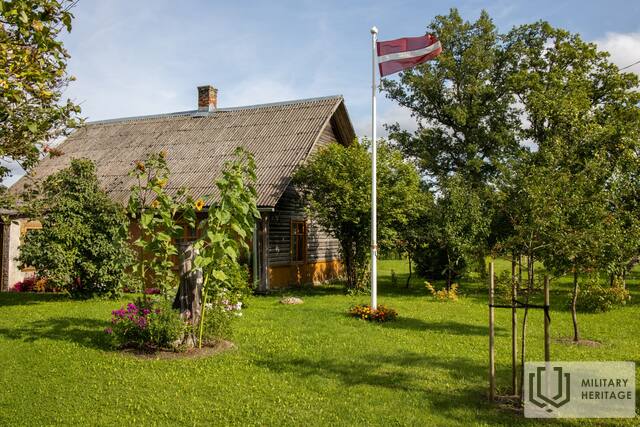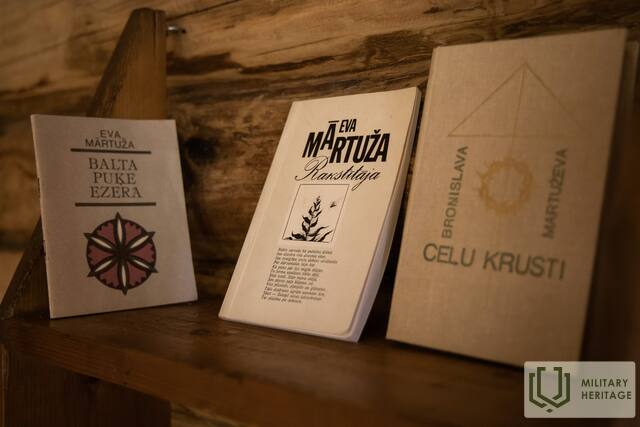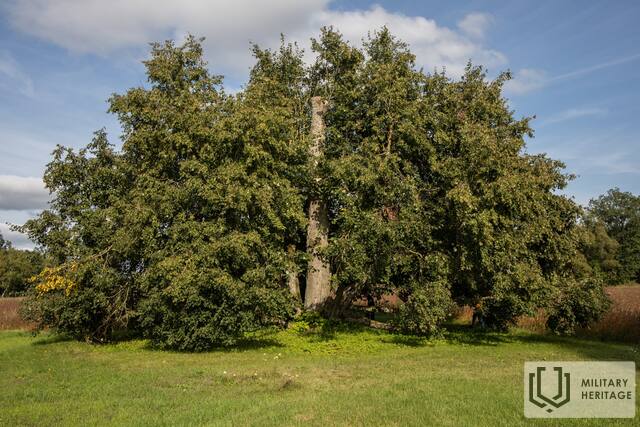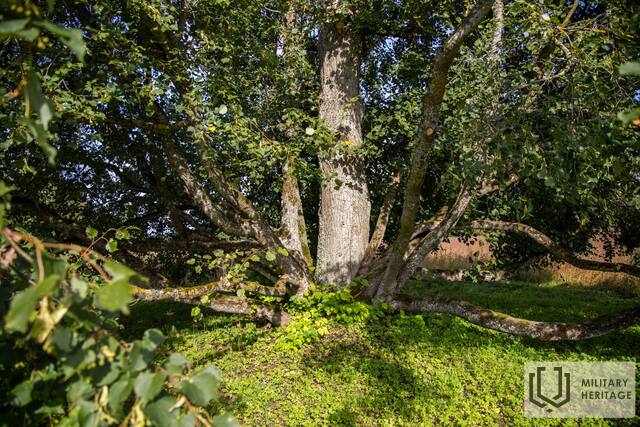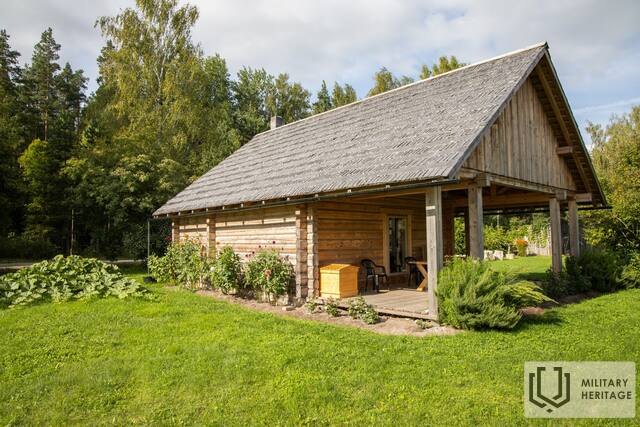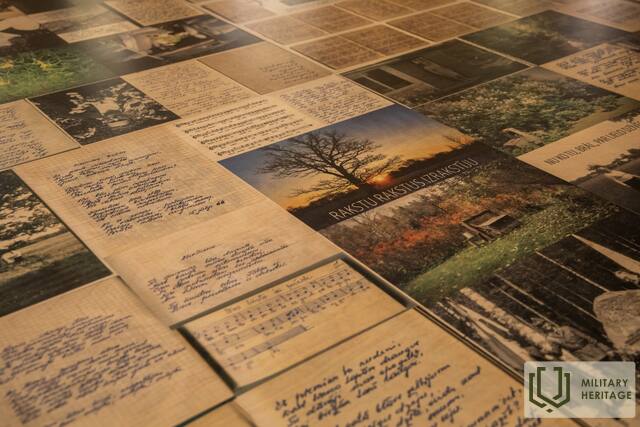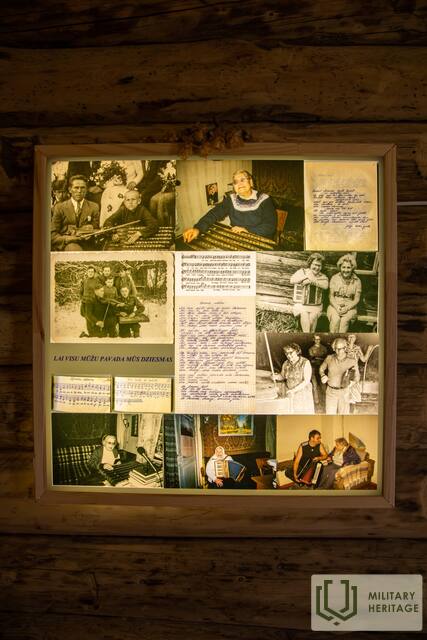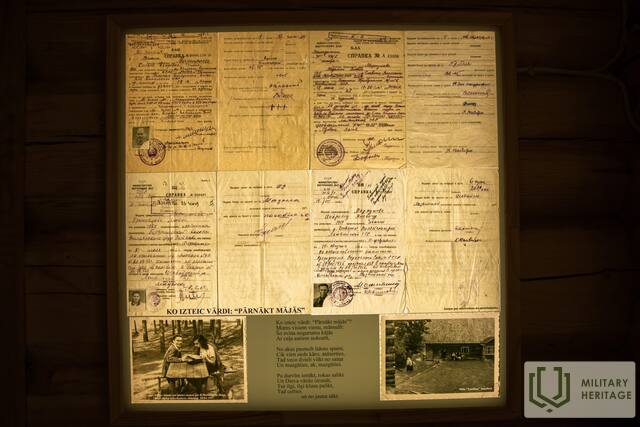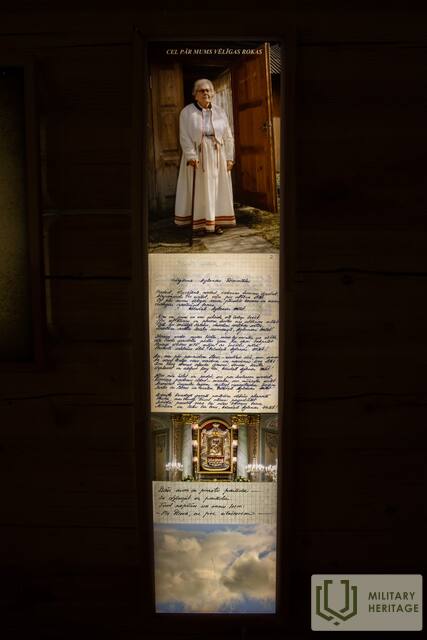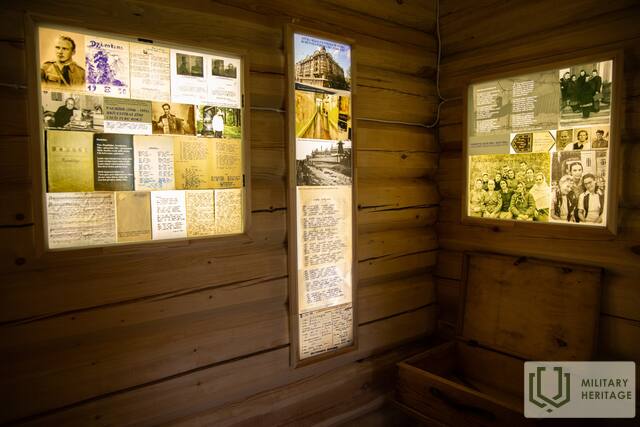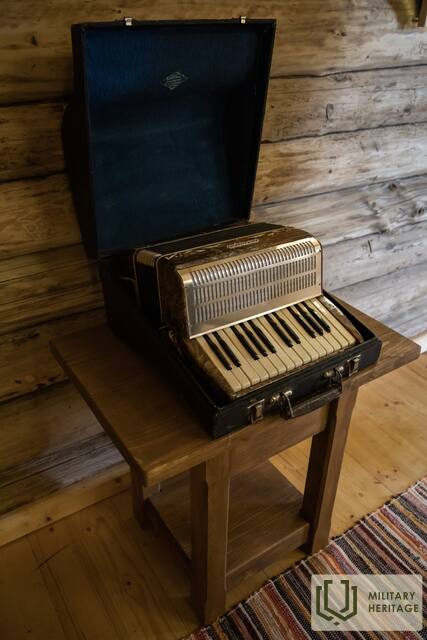Broņislava Martuževa poetry barn Museum

The Broņislava Martuževa Museum is situated on the site of the poet’s childhood home in Indrāni parish, Madona municipality. The museum’s exhibit is located in a renovated barn featuring voice and video evidence from the National Resistance Movement and the work of the poet in publishing an underground magazine, as well as composing poetry and songs for national partisans. Broņislava Martuževa was involved with the resistance movement since its inception. Lazdiņas, Martuževa’s home which has not survived, also served as a place of refuge for Pēteris Supe, Head of the Latvian National Partisan Association, and his comrades-in-arms. The poet spent five years hiding in the basement of her home, meeting with partisans, writing poetry (including work dedicated to partisans Pēteris Supe, Vilis Toms, Smilga Group, Laivenieks, Salns, Celmiņš, Bruno Dundurs and others), as well as writing songs and teaching them to partisans. Now, her songs are sung by the ‘Baltie lāči’ group (literally: ‘White Bears’). In 1950, the ‘Dzimtene’ magazine (literally: ‘Motherland’) was published underground together with Vilis Toms. The poet transcribed 11 issues of the magazine, 10 copies each, by hand. The poet, her brother, sister, mother and Vilis Toms were arrested in 1951. Bronislava Martuževa returned from Siberia in 1956. Recognised locally and nationally, the poetry barn is visited by both local residents and guests of the municipality. Learning about the poet’s life gives you the opportunity to discover the fate of Latvia.
Used sources and references:
Bronislava Martuževa Foundation Writer
Lubāna County Municipality
Related timeline
Related topics
Related stories
Pēteris Supe - initiator of the establishment of the Latvian National Partisan Association
From 1944 to 1946, Pēteris Supe managed to unite the national partisan units scattered in the forests into an organized movement, which continued to fight against the occupation of Latvia in Abrene County for several years after World War II. Pēteris Supe, nicknamed “Cinītis”, was one of the most outstanding organizers and leaders of the national partisan movement in Northern Latgale.




